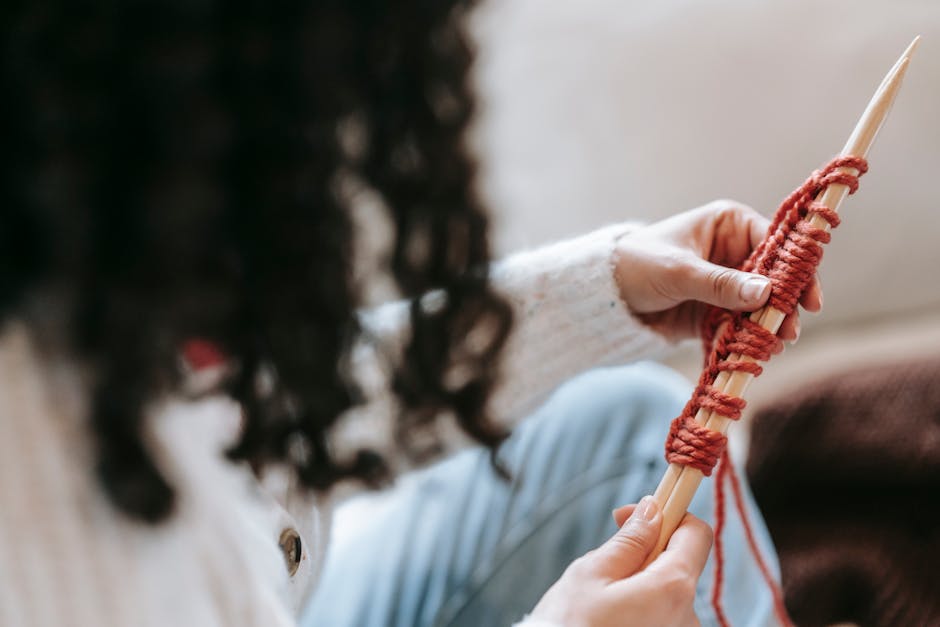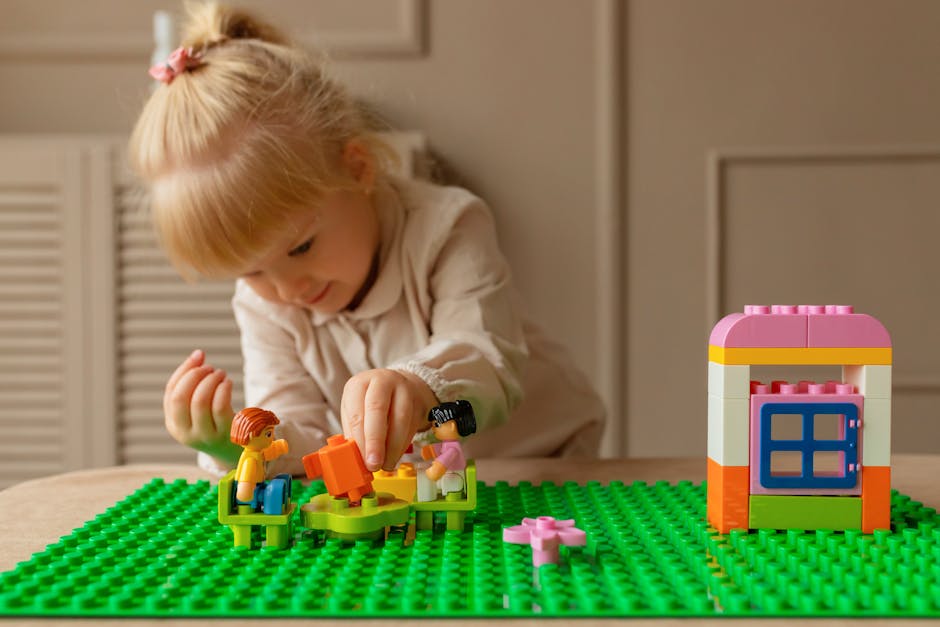Loneliness can feel like a heavy cloud, but there are ways to navigate through it and find the sunshine again. This blog post will guide you through practical techniques to cope with and overcome feelings of loneliness. So, why should you keep reading? Because everyone experiences loneliness at some point, and knowing how to handle it can make all the difference.
Key Takeaways
- Acknowledging your feelings of loneliness is the first step towards overcoming it.
- Balancing your online engagement can help manage feelings of isolation.
- Volunteering and joining social groups can foster connections and reduce loneliness.
- Practicing self-care and mindfulness can improve your mental health and well-being.
- Exploring interests and enjoying solitude can make alone time more meaningful.
Acknowledge Your Feelings of Loneliness
Understand that feeling lonely is a normal part of the human experience
Loneliness is a universal human experience. It’s important to acknowledge these feelings instead of suppressing them. Remember, it’s okay to feel lonely. It doesn’t mean you’re alone or unloved. It’s simply a signal that you need more social connection.
Be kind to your mind by practicing self-compassion and understanding
When you’re feeling lonely, it’s easy to fall into a cycle of self-criticism. But remember, everyone feels lonely sometimes. Practice self-compassion and understanding. Treat yourself with the same kindness and patience you would offer a friend in the same situation.

Engage and Disengage From the Online World
Know when to engage or disengage to manage feelings of isolation
The online world can be a double-edged sword when it comes to loneliness. On one hand, it can provide a sense of connection. On the other, it can make you feel more isolated if you’re not careful. It’s important to know when to engage and when to disengage.
Take what you see online with a pinch of salt
Remember, what you see online is often a highlight reel of people’s lives. It’s not an accurate representation of reality. Don’t compare your behind-the-scenes with someone else’s highlight reel.
Don’t spend too much time online
Spending too much time online can actually increase feelings of loneliness. Make sure to balance your online time with real-world interactions.

Connect Through Volunteering and Social Groups
Find a volunteer opportunity
Connect with others
Volunteering is a great way to meet new people and form meaningful connections. It can also give you a sense of purpose and fulfillment.
Contribute to your community
By volunteering, you’re not just helping others, you’re also helping yourself. You’re contributing to your community and making a difference in the world.
Join a group or club
Overcome loneliness with in-person connections
Joining a group or club can help you overcome loneliness by providing in-person connections. It can also give you a sense of belonging and community.
Build meaningful relationships
Being part of a group or club can help you build meaningful relationships. These relationships can provide support and companionship, helping you feel less lonely.

Practice Self-Care and Mindfulness
Practice self-care to improve mental health and well-being
Self-care is crucial for mental health and well-being. It can include anything from taking a walk in nature to reading a book to practicing yoga. Find what works for you and make it a regular part of your routine.
Boost your self-esteem by focusing on strengths and accomplishments
Focusing on your strengths and accomplishments can boost your self-esteem and reduce feelings of loneliness. Remember, you are capable and worthy.
Engage in mindfulness or meditation practices
Feel more connected to the world around you
Mindfulness and meditation can help you feel more connected to the world around you. They can also help you manage stress and improve your mental health.
Try a 5-minute meditation to feel more present
Even a short 5-minute meditation can help you feel more present and less lonely. Give it a try.

Explore Interests and Enjoy Solitude
Get busy with activities you enjoy or that challenge you
Getting busy with activities you enjoy or that challenge you can help reduce feelings of loneliness. It can also give you a sense of accomplishment and fulfillment.
Explore your interests to find new hobbies or passions
Exploring your interests can help you find new hobbies or passions. These can provide a sense of purpose and joy, reducing feelings of loneliness.
Enjoy your own company by finding peace in solitude
Make alone time more meaningful
Finding peace in solitude can make alone time more meaningful. It can also help you enjoy your own company, reducing the intensity of loneliness.
Reduce the intensity of loneliness
Remember, being alone doesn’t have to mean being lonely. You can enjoy your own company and find peace in solitude.
Remember, it’s okay to feel lonely. It’s a normal part of the human experience. But with these techniques, you can cope with and overcome feelings of loneliness. You’re not alone. There are resources and people who can help. Reach out to them. And most importantly, be kind to yourself.
For more information on managing social anxiety, check out our post on ways to manage social anxiety. If you’re looking for ways to nurture healthy relationships for self-care, we have a great article on that too. And don’t forget to read about the role of social connections in maintaining good mental health.
Remember, you’re not alone. Reach out, connect, and take care of yourself. You’re worth it.
Sources: Cigna, Mental Health Foundation, Headspace
Feeling Alone? Explore Our FAQ on Coping With and Overcoming Loneliness
What is loneliness and is it the same as being alone?
Loneliness is a subjective feeling of being isolated, disconnected, and not having meaningful social interactions, regardless of the actual number of social contacts. It’s important to distinguish it from being alone, which refers to physically being by oneself. One can be alone without feeling lonely, and conversely, one can feel lonely in a crowd if the connections with others are not meaningful.
Can loneliness affect my health?
Yes, chronic loneliness can have a significant impact on both mental and physical health. It has been linked to an increased risk of depression, anxiety, and stress. On the physical side, loneliness can contribute to heart disease, weakened immune system, and even premature death. Addressing loneliness is crucial for overall well-being.
What are some effective strategies for coping with loneliness?
Effective strategies include engaging in social activities, volunteering, joining clubs or groups with similar interests, and adopting pets. Practicing self-care, such as exercising, maintaining a healthy diet, and getting enough sleep, also plays a crucial role. Additionally, seeking professional help through therapy can provide support in coping with loneliness.
How can I make new connections if I’m shy or introverted?
Start with small steps. Engage in activities you enjoy where you might meet like-minded individuals. Online forums or social media groups can be a good starting point for making connections from the comfort of your home. Remember, quality over quantity matters in relationships, so focus on making meaningful connections, even if it’s just one or two to start with.
Is it normal to feel lonely even when surrounded by people?
Absolutely. Loneliness is about the quality of your social interactions, not the quantity. Feeling lonely despite being around people often indicates that these interactions are not fulfilling or meaningful. It’s a sign to re-evaluate your relationships and seek connections that provide emotional support and understanding.
Can technology help in overcoming loneliness?
Technology can be a double-edged sword. While it can help connect with others through social media, forums, and video calls, excessive use can lead to isolation from real-life interactions. It’s important to use technology mindfully, ensuring it facilitates meaningful connections rather than replacing them.
How can I help someone else who is feeling lonely?
Listen to them without judgment, show empathy, and offer your company and support. Encourage them to talk about their feelings, and if appropriate, suggest activities you can do together. Sometimes, just knowing someone is there and cares can make a significant difference.
Are there any particular groups of people more prone to loneliness?
Loneliness can affect anyone, but certain groups may be more susceptible, including the elderly, people who have recently moved to a new area, those with disabilities, and individuals who have recently experienced a significant life change, such as the loss of a loved one. Understanding the specific challenges faced by these groups can help in addressing their feelings of loneliness more effectively.



